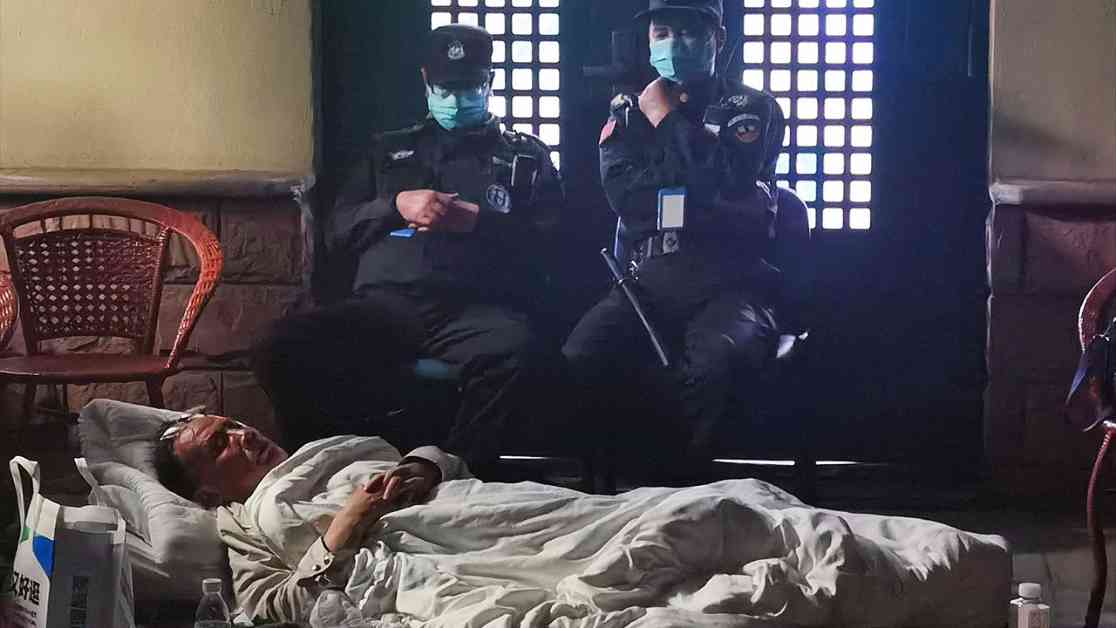Chinese Scientist Faces Consequences After Sequencing Covid-19
The Covid-19 pandemic that originated in Wuhan, China, has brought the spotlight on Chinese virologist Zhang Yongzhen. Zhang and his team were the first to successfully sequence the genome of the virus causing Covid-19 in early 2020. This groundbreaking work paved the way for the development of diagnostic tests and potential vaccines. However, the Communist Party of China viewed Zhang’s actions as a betrayal rather than a scientific advancement.
Communist Party’s Suppression of Covid-19 Researchers
Since the outbreak of Covid-19, the Chinese government has been accused of suppressing researchers and experts who attempt to shed light on the origin and management of the pandemic. Zhang Yongzhen’s case is just one example of the Communist Party’s crackdown on scientists who dare to challenge the official narrative. By investigating Zhang’s lab for alleged wrongdoing, the government sends a chilling message to other researchers who might consider going against its directives.
In a country where censorship and control over information are prevalent, the case of Zhang Yongzhen serves as a cautionary tale for scientists and researchers in China. The fear of retaliation from the government can hinder scientific progress and innovation, ultimately jeopardizing public health and safety.
The Global Impact of Zhang’s Sequencing Work
Despite facing backlash from the Chinese government, Zhang Yongzhen’s sequencing of the Covid-19 genome had far-reaching implications globally. By sharing his findings with a British scientist, Zhang enabled the international scientific community to better understand the virus and develop strategies to combat it. The availability of the genome sequence allowed for the rapid development of diagnostic tests and the eventual creation of vaccines.
Zhang’s actions exemplify the importance of collaboration and transparency in times of crisis. By cooperating with international partners, scientists can pool their resources and expertise to address global health challenges effectively. However, in authoritarian regimes like China, such cooperation can be met with severe consequences, as seen in Zhang’s case.
Despite the obstacles and risks faced by researchers like Zhang Yongzhen, the pursuit of scientific knowledge and truth remains essential in combating public health crises. It is crucial for governments and institutions to support and protect scientists who work tirelessly to advance our understanding of infectious diseases and develop lifesaving treatments.
In conclusion, the story of Zhang Yongzhen sheds light on the challenges faced by scientists in authoritarian regimes and the importance of scientific freedom and collaboration in addressing global health crises like Covid-19. As we navigate through the aftermath of the pandemic, it is crucial to uphold the values of transparency, integrity, and cooperation in the pursuit of scientific progress and public health.



























